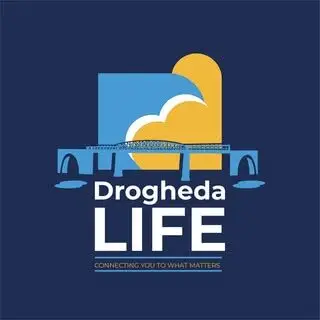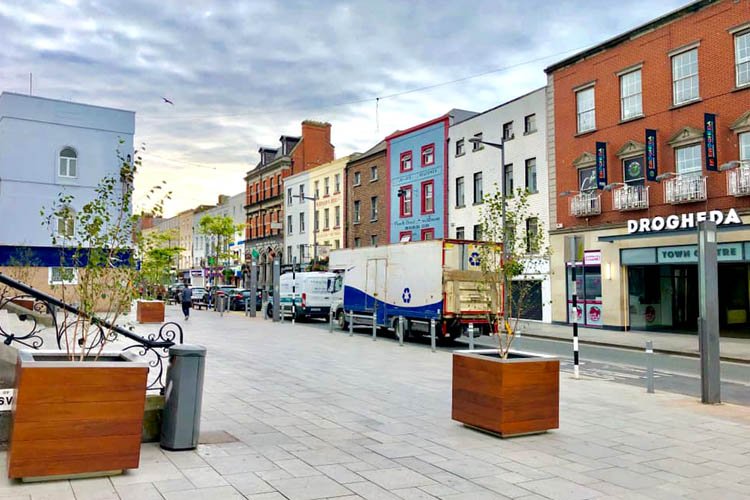The Dublin Belfast Economic Corridor has been talked about for years as a potential means of increasing economic activity throughout the region and today it was finally launched via a major online event hosted by economist and broadcaster David McWilliams.
Speakers at the launch stressed the importance of co-operation between North and South. They included Tanaiste Leo Varadkar, Northern Ireland’s Minister for Finance, Conor Murphy MLA, Minister of State for Northern Ireland, Robin Walker MP, Minister for Housing, Local Government and Heritage, Darragh O’Brien TD, and professors from The University of Ulster and Dublin City University.
The launch was also attended by the Chief Executives of no fewer than eight local authorities from either side of the border located along the Corridor including Louth and Meath County Councils.
The other local authorities represented were: Armagh City, Banbridge and Craigavon Borough Council, Belfast City Council, Dublin City Council, Fingal County Council, Lisburn & Castlereagh City Council and Newry, Mourne and Down District Council.
In 2018, the eight Councils and the two Universities came together to find ways of realising the potential benefits of further development of the Corridor. This led to the establishment of a Partnership Steering Group made up of the eight Council Chief Executives and the Presidents of the two universities who committed to meeting quarterly.
Their report, The Dublin-Belfast Economic Corridor: Current Profile, Potential for Recovery & Opportunities for Cooperation, states that this is an opportune time to create a north-south Economic Corridor given the challenges the region faces as it comes to terms with the impact of the United Kingdom’s exit from the European Union and the COVID-19 pandemic.
Opportunities exist to grow indigenous business, establish clusters of key sectors, leverage the appetite for collaboration and use the Corridor as the driving force for economic development in the region and nationally.

Key sectors along the Corridor include Advanced Manufacturing, ICT, Agri-Food, Professional Services, Financial Services, Constructions and Tourism while among the challenges facing the region in the coming years are adapting to Brexit, Climate Change and transformation to a low carbon economy, low population density and an ageing population.
In his introduction David McWilliams stressed the importance of a collaborative approach being taken by all parties to the plan and this was echoed time and again.
It was pointed out that the region has a population in excess of 2million people and is younger and more diverse than any other part of Ireland with 15% born off the island.
It also has the best educated workforce with 34% of the population holding Third Level qualifications thereby creating an excellent pipeline for concentrations of jobs requiring graduates.
In 2019, there were 125,000 firms located along the Corridor with entrepreneurship and survival rates higher than elsewhere in Ireland and more people employed in mid-sized and large businesses than anywhere else.
Following today’s launch and the publication of the Report, the next step will be to establish working governance structures to oversee day to day activity.





